Researchers at Crispr Therapeutics, a Swiss biotech company, have successfully conducted a trial using the Crispr gene editing technology to reduce high cholesterol levels in a small group of participants. Fifteen individuals received a one-time infusion meant to switch off a gene in the liver called ANGPTL3, which is responsible for regulating cholesterol levels. The highest dose tested in the trial resulted in a significant reduction of both bad LDL cholesterol and triglycerides by an average of 50 percent within two weeks after treatment, with the effects lasting at least 60 days.
According to the trial results, presented at the American Heart Association's annual meeting and published in The New England Journal of Medicine, the treatment had a profound impact on the participants' cholesterol levels. "The results were impressive, and we are excited about the potential of this treatment to address high cholesterol levels in patients," said Samarth Kulkarni, CEO of Crispr Therapeutics. "This is a significant step forward in the development of gene editing therapies for common conditions."
The ANGPTL3 gene is responsible for regulating the production of lipids in the liver, and individuals born with a mutation in this gene are protected against heart disease. However, this mutation is rare, and the new treatment aims to replicate this effect in individuals with high cholesterol levels. The trial's success marks a significant milestone in the development of gene editing therapies for common conditions, rather than just rare diseases.
Gene editing technologies, such as Crispr, have been primarily used to address rare genetic disorders. However, the latest findings suggest that these technologies could be used to treat more common conditions, such as high cholesterol levels. "This is a major breakthrough in the field of gene editing, and it has the potential to revolutionize the way we treat high cholesterol levels," said Dr. Eric Topol, a cardiologist and geneticist at the Scripps Research Institute.
The trial's results have sparked excitement in the medical community, with many experts hailing the treatment as a potential game-changer. However, more research is needed to fully understand the long-term effects of the treatment and to determine its safety and efficacy in a larger population. Crispr Therapeutics plans to continue studying the treatment and to explore its potential applications in other areas of medicine.
In the meantime, the trial's results have provided valuable insights into the potential of gene editing technologies to address common conditions. As the field continues to evolve, it is likely that we will see more innovative treatments and therapies emerge. For now, the success of the trial marks a significant step forward in the development of gene editing therapies for high cholesterol levels.


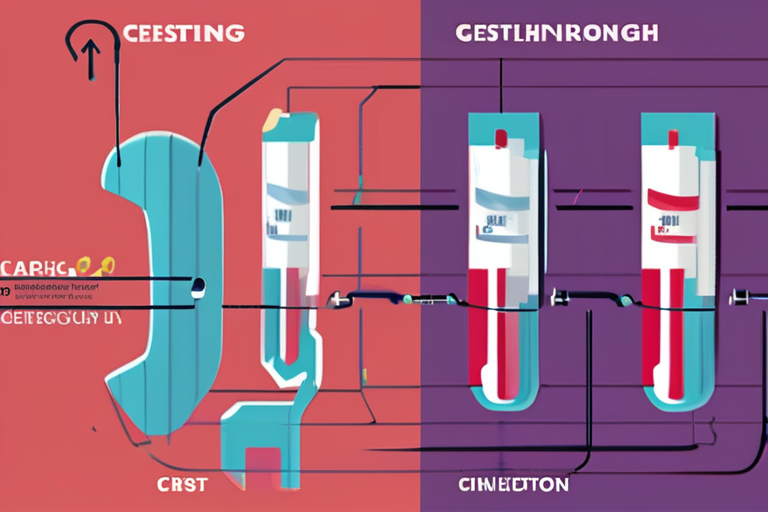



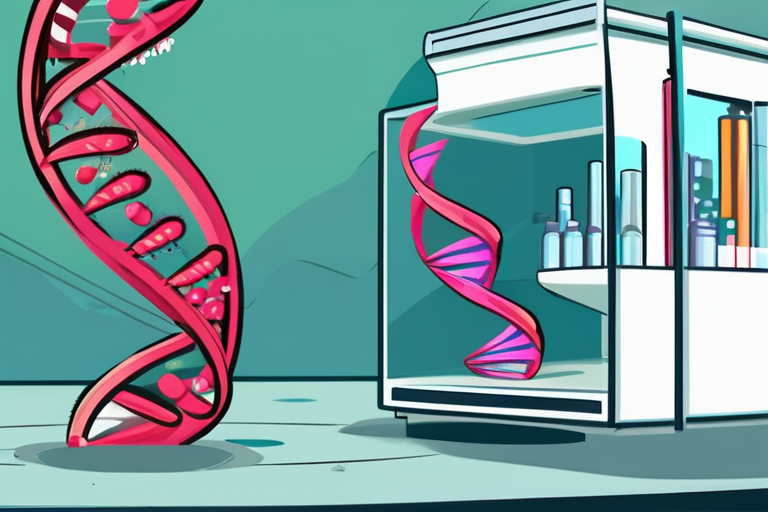

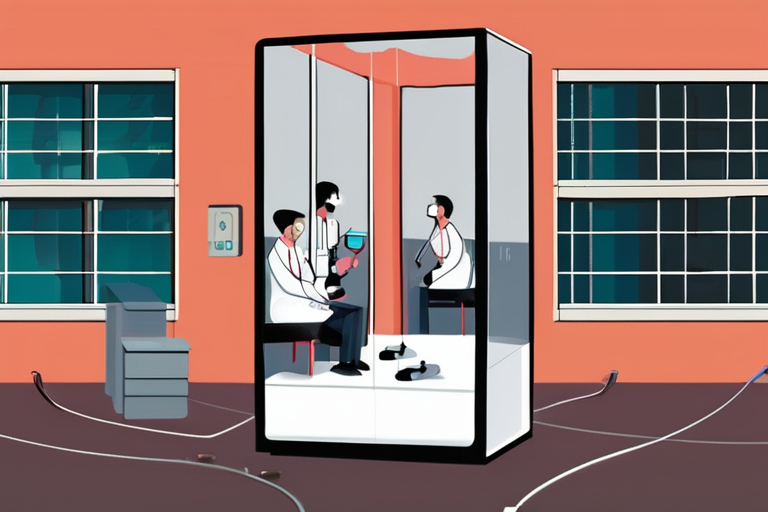





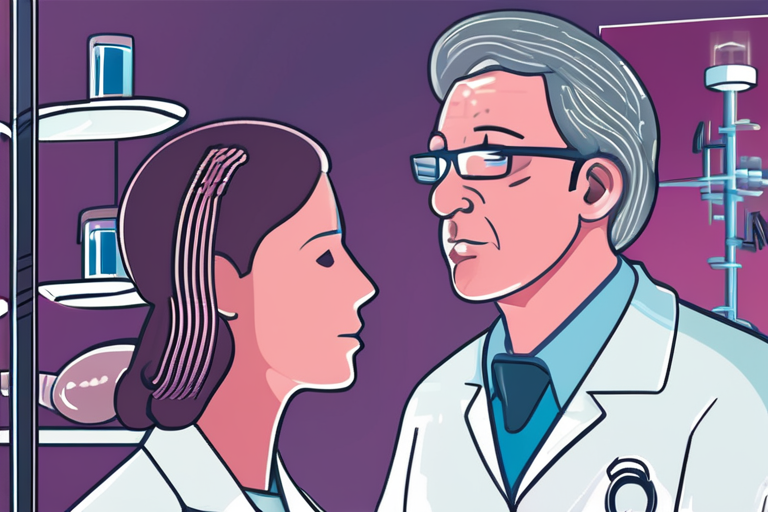
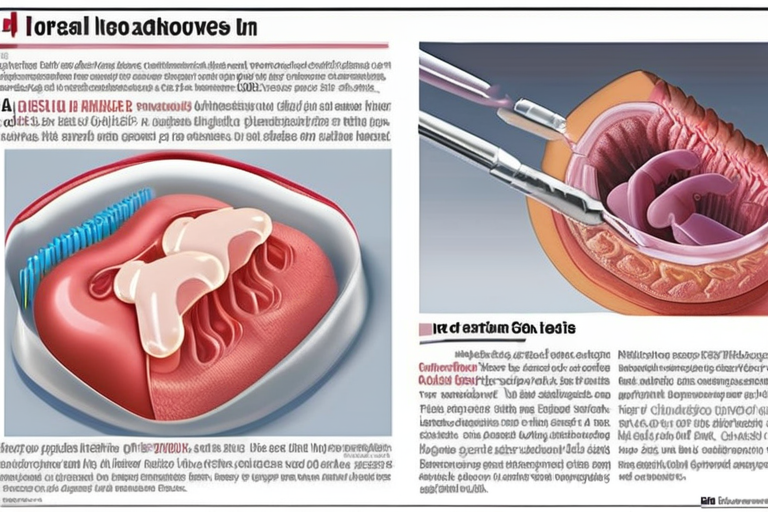




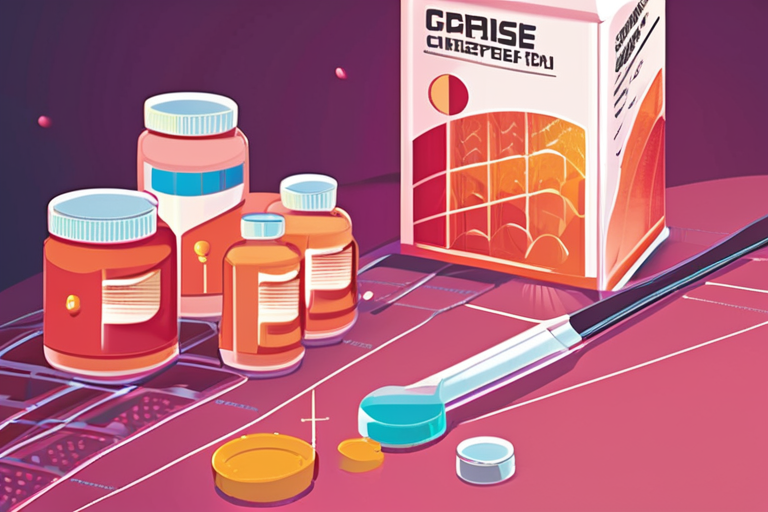

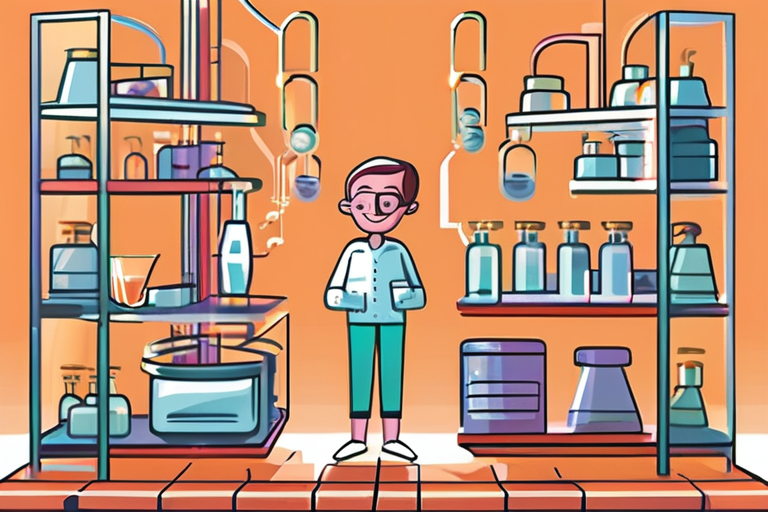



Share & Engage Share
Share this article